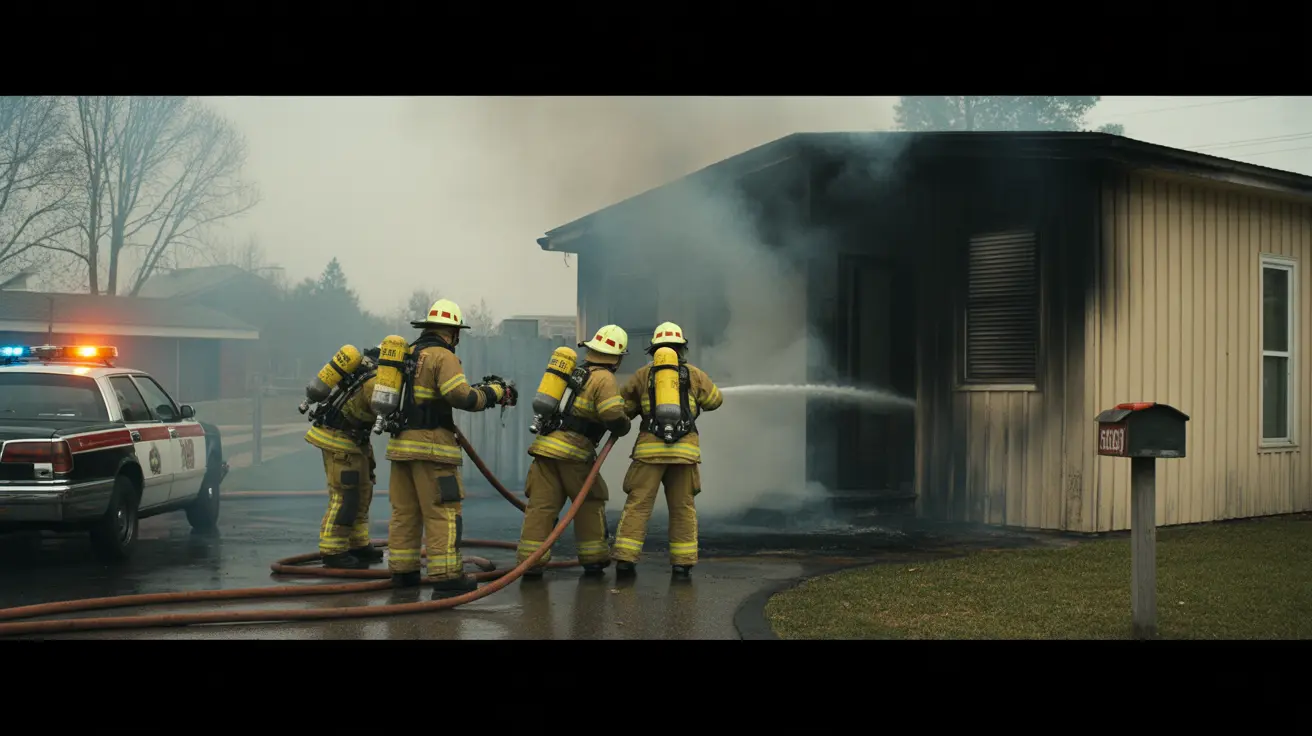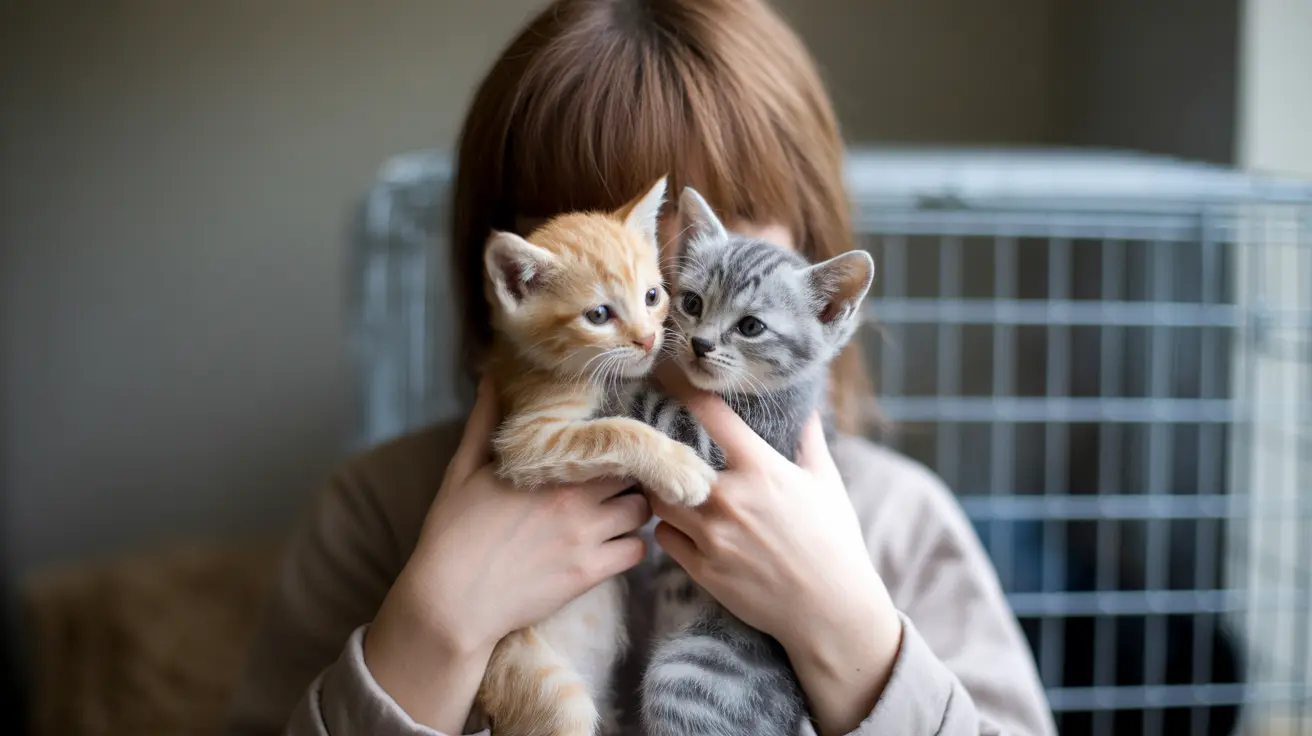Who Should Not Own a Husky?
The Siberian Husky is a strikingly beautiful dog, known for its thick coat, piercing eyes, and energetic personality. However, behind the captivating exterior lies a highly demanding breed that isn't suited for everyone. While Huskies can make wonderful companions, they require a specific type of owner to thrive. In this article, we delve into the types of people who should think twice before bringing a Husky into their home.
1. People Without an Active Lifestyle
Huskies are high-energy dogs originally bred for sled pulling over long distances. They need at least 60 minutes of intense physical activity each day. People who lead sedentary lives or cannot commit to regular outdoor activities like running, hiking, or long walks should not consider owning a Husky.
2. Owners Without Time for Engagement
In addition to physical exercise, Huskies require consistent mental stimulation. Puzzle toys, obedience training, and interactive play are crucial. If your schedule is too hectic to provide this level of attention daily, a Husky will likely become bored and destructive.
3. Apartment Dwellers
While some dogs adapt well to apartment living, Huskies are typically not among them. They do best in homes with large, secure yards where they can run and explore. Without proper space, they may develop behavioral problems such as excessive howling or chewing due to pent-up energy.
4. People Uncomfortable with Shedding
Huskies are notorious for their high shedding levels, especially during seasonal changes when they blow their undercoats. Those who are allergic to pet dander or intolerant of fur on furniture and clothing should avoid this breed.
5. First-Time Dog Owners Without Guidance
Huskies are intelligent but also independent and stubborn—traits that can make training a challenge. First-time dog owners who are inexperienced or lack access to professional training resources may find it hard to manage a Husky’s behavior effectively.
6. Households with Small Pets
Due to their strong prey drive, Huskies may attempt to chase or harm smaller animals like cats, rabbits, or rodents. If you have existing small pets and cannot manage introductions or training, owning a Husky could be difficult.
7. People Who Cannot Handle Escape Artists
Huskies are known to be expert escape artists. They can leap fences, dig under barriers, and slip out through small openings. Owners who cannot Husky-proof their homes and yards thoroughly may face frequent escapes and lost dogs.
8. Owners Who Plan to Leave the Dog Alone Frequently
Huskies are highly social animals that thrive on companionship. Leaving them alone for long hours can lead to anxiety, howling, and destructive behavior. Full-time workers without dog sitters or family members at home may struggle.
9. People Expecting Guard Dogs
Although bold and alert, Huskies are generally not good guard dogs. They are friendly and sociable, even with strangers. If you're seeking a dog that will provide strong protection, a Husky might disappoint.
10. Those Seeking a Hypoallergenic Pet
Huskies are not hypoallergenic. Their dense coats shed heavily, and they produce dander that can aggravate allergies. If someone in your home is sensitive to allergens, a low-shedding breed would be a better choice.
Summary
Before choosing a Siberian Husky, it’s important to assess your daily routine, living environment, and long-term commitment. While they are intelligent, affectionate, and loyal pets, they require a high level of care and engagement. The ideal Husky owner is someone with an active lifestyle, time for daily interactions, a secure living space, and a willingness to invest in training and grooming.
By understanding your own limitations and the needs of the breed, you can make a responsible and fulfilling choice for both you and the dog.





